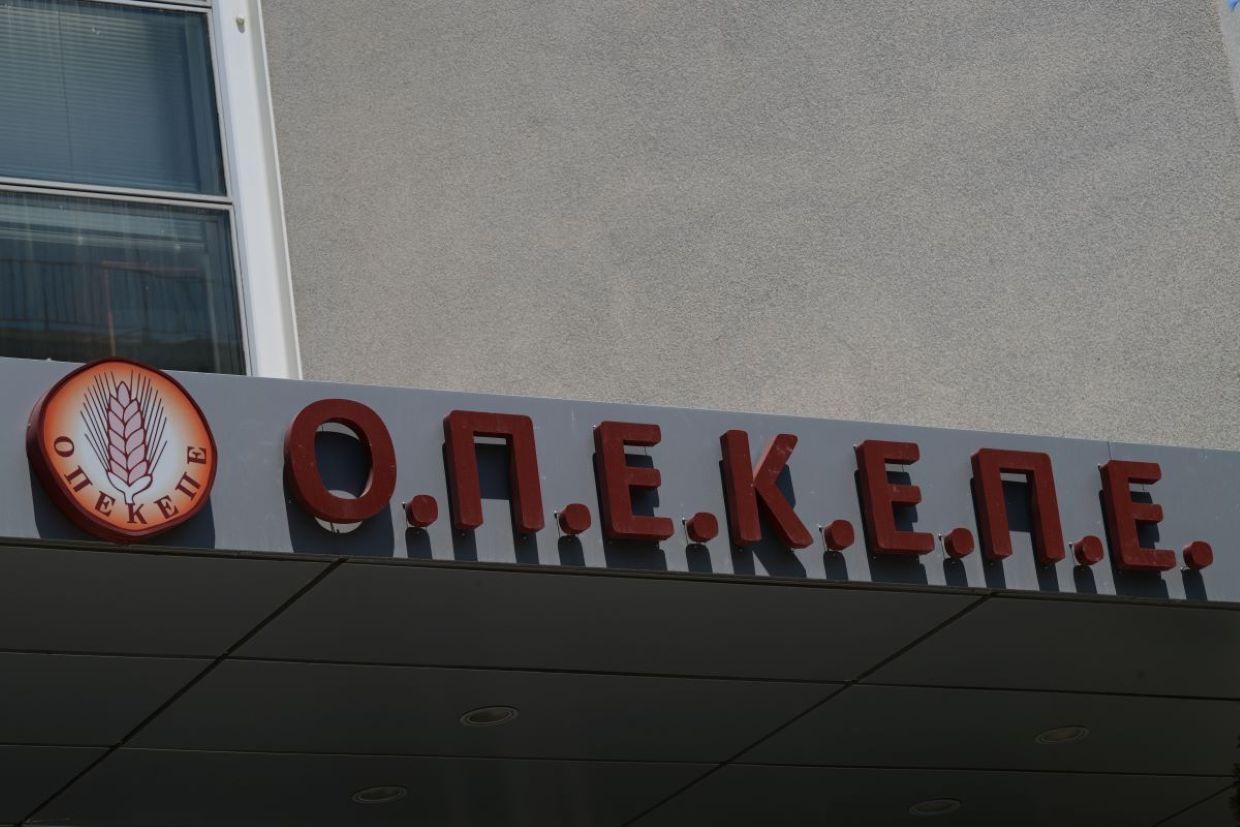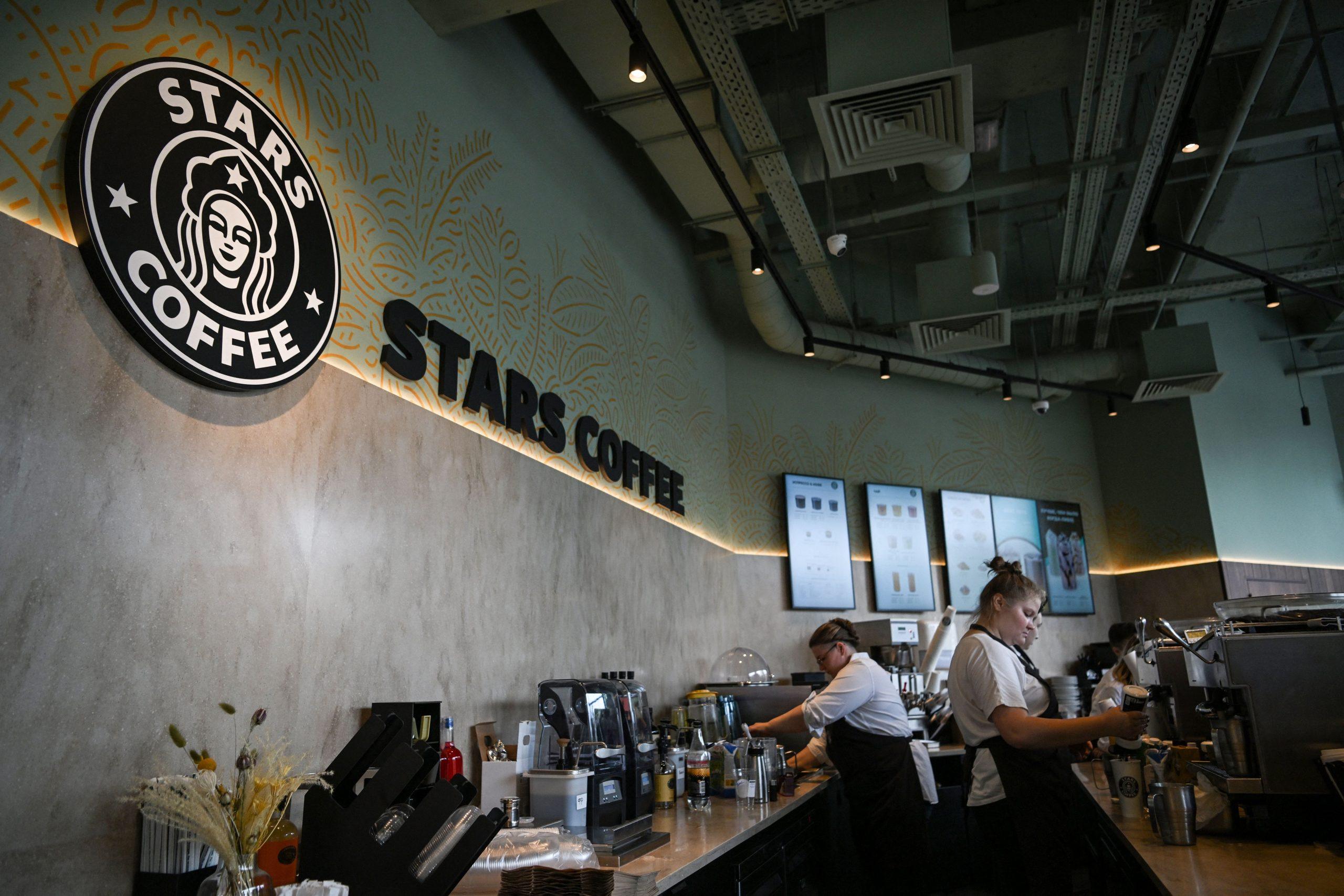reece’s labour market is expected to remain stagnant over the next decade, even as the EU-27 sees modest job growth, according to Cedefop’s 2025 Skills Forecast. The report warns that employment in Greece will fall by 0.1% annually between 2023 and 2030, then flatline through 2035—well below the EU average of 0.3%-0.4% growth.
Demographic trends continue to weigh heavily on the Greek workforce. The population aged 35-49 is projected to decline sharply, while those aged 65 and over will grow significantly. Yet participation rates—especially among older workers—are forecast to rise. Participation among 55-59 year-olds is expected to jump by 26 percentage points, and among 60-64 year-olds by 19 points, signaling a shift toward older, more active workforces.
Although overall employment may stagnate, sector-specific trends paint a more complex picture. Construction and manufacturing are expected to grow at 1.1% and 0.5% annually, respectively. Sub-sectors like food processing and machinery manufacturing are projected to see notable gains. In contrast, agriculture is set to shrink dramatically, with annual declines exceeding 4%.
Service and sales roles will continue to dominate job openings, largely due to retirements and replacement demand. Personal service workers and sales staff alone are projected to account for nearly half of all job openings. High-skilled roles such as health professionals and ICT specialists are also in demand, driven by sectoral specialization and digitalisation.
The report highlights a growing mismatch in skills. By 2035, 58% of job openings in Greece will require medium-level qualifications, and 42% high-level qualifications—yet shortages are expected among low- and medium-skilled workers. Sectors likely to face the greatest hiring difficulties include services, skilled trades, and machine operation.
Source: tovima.com






































